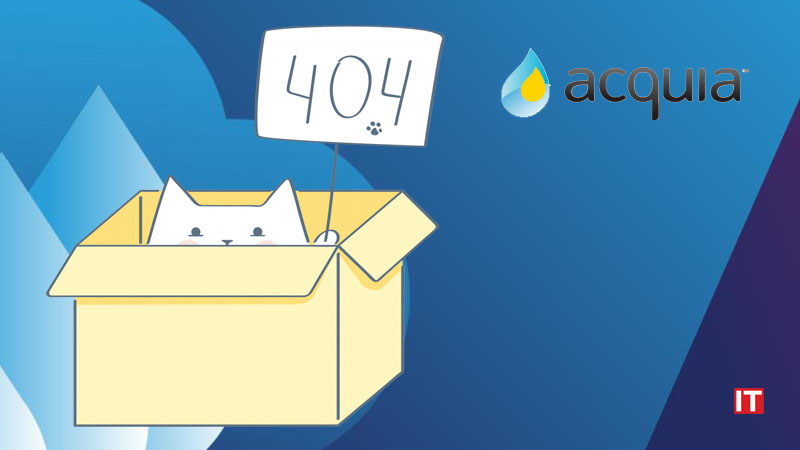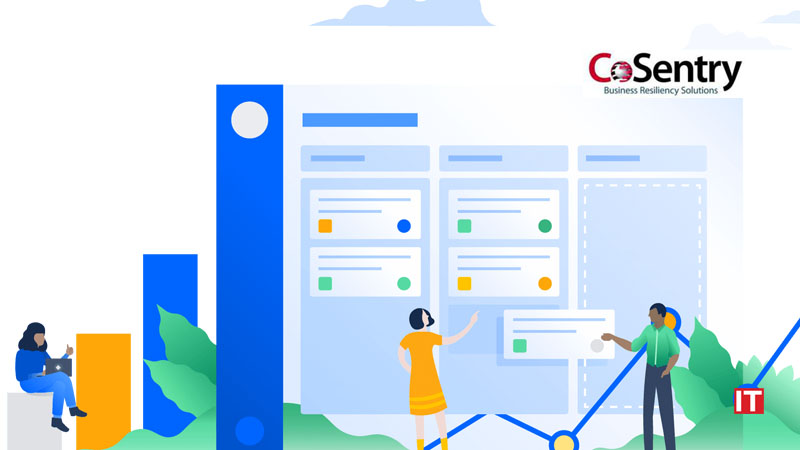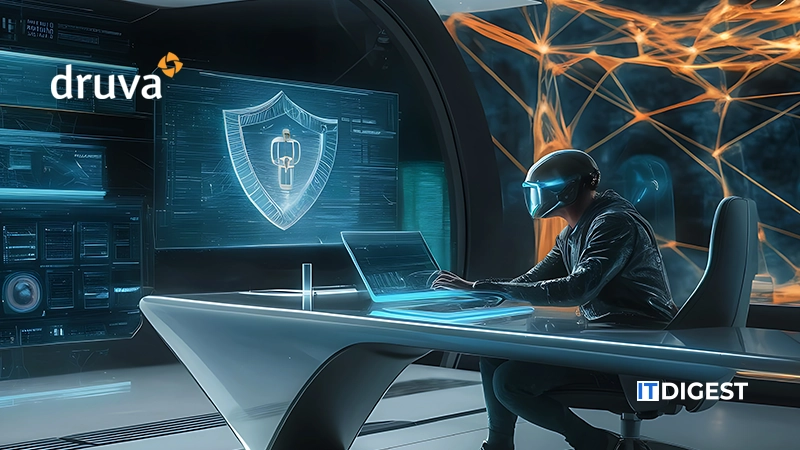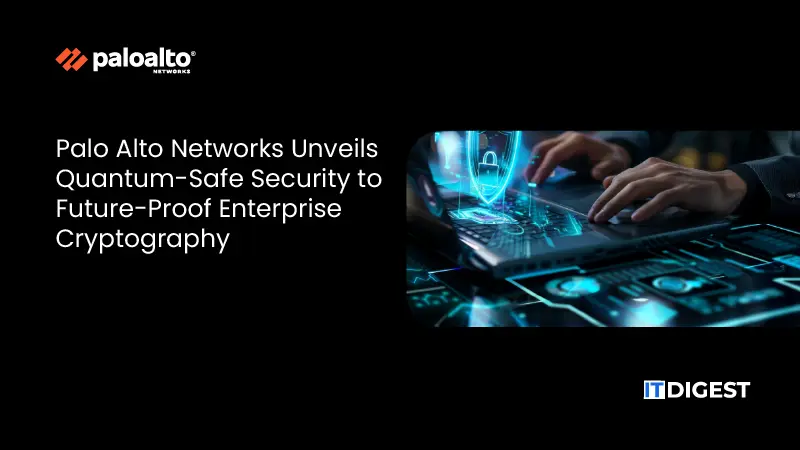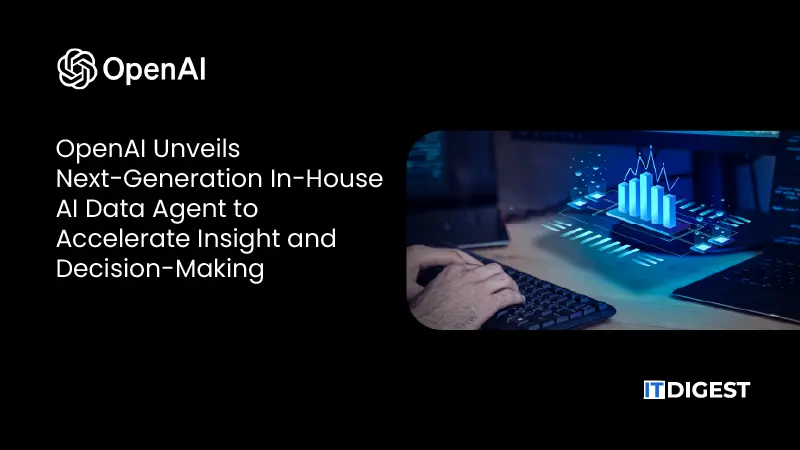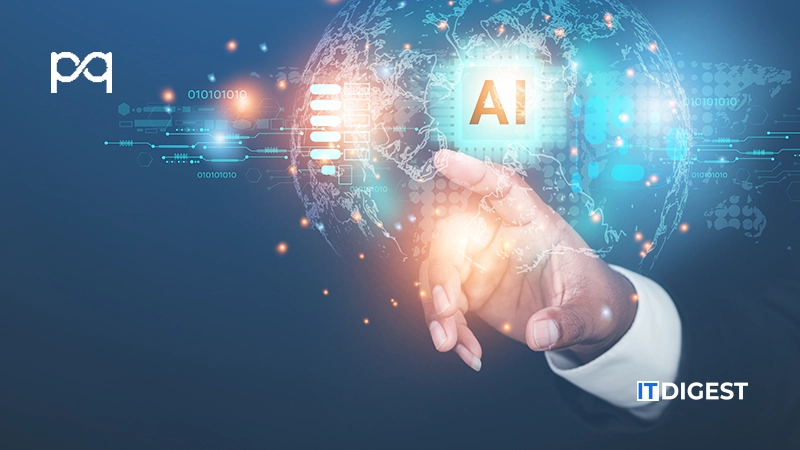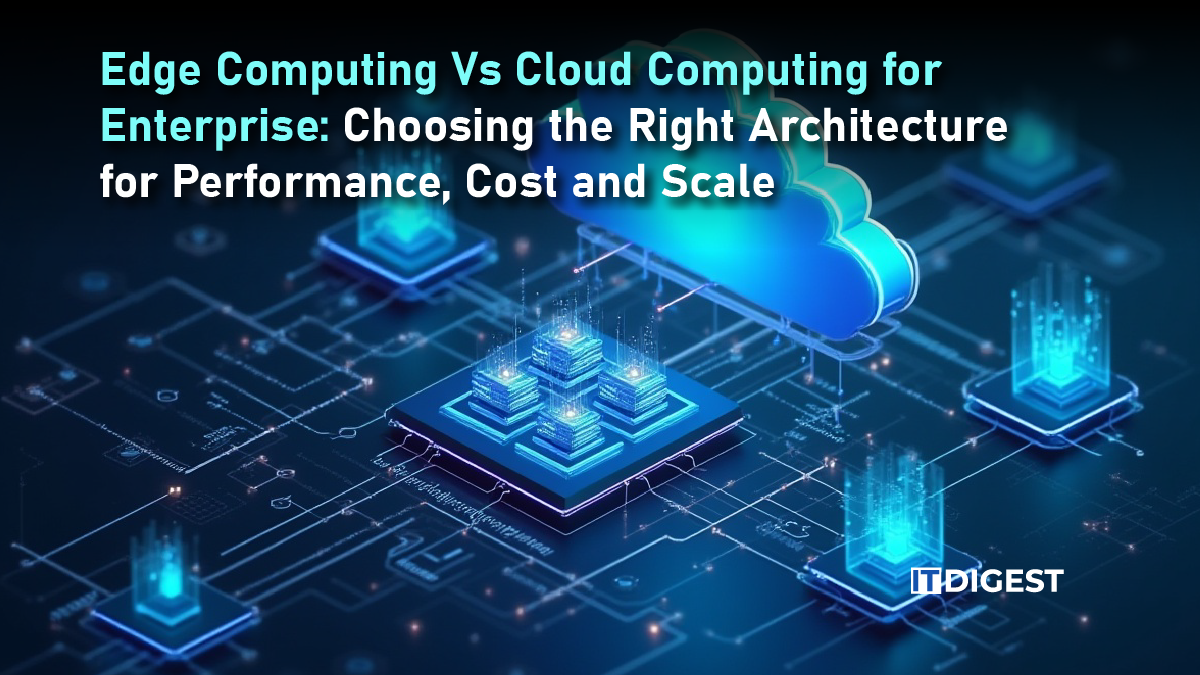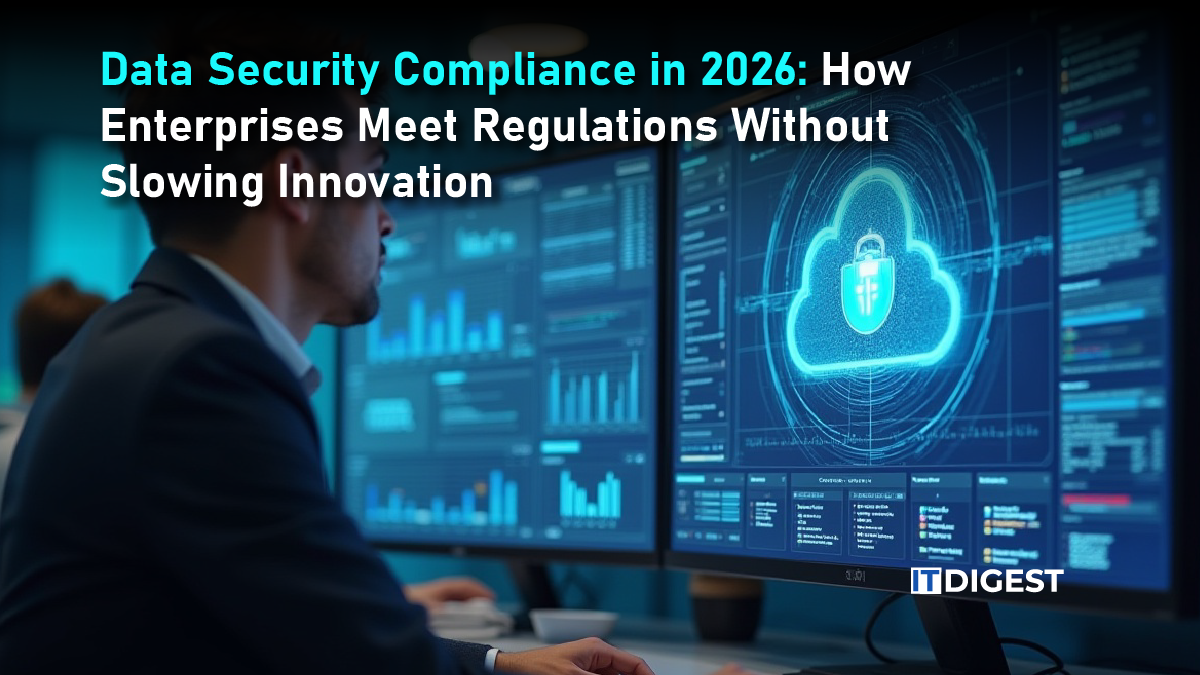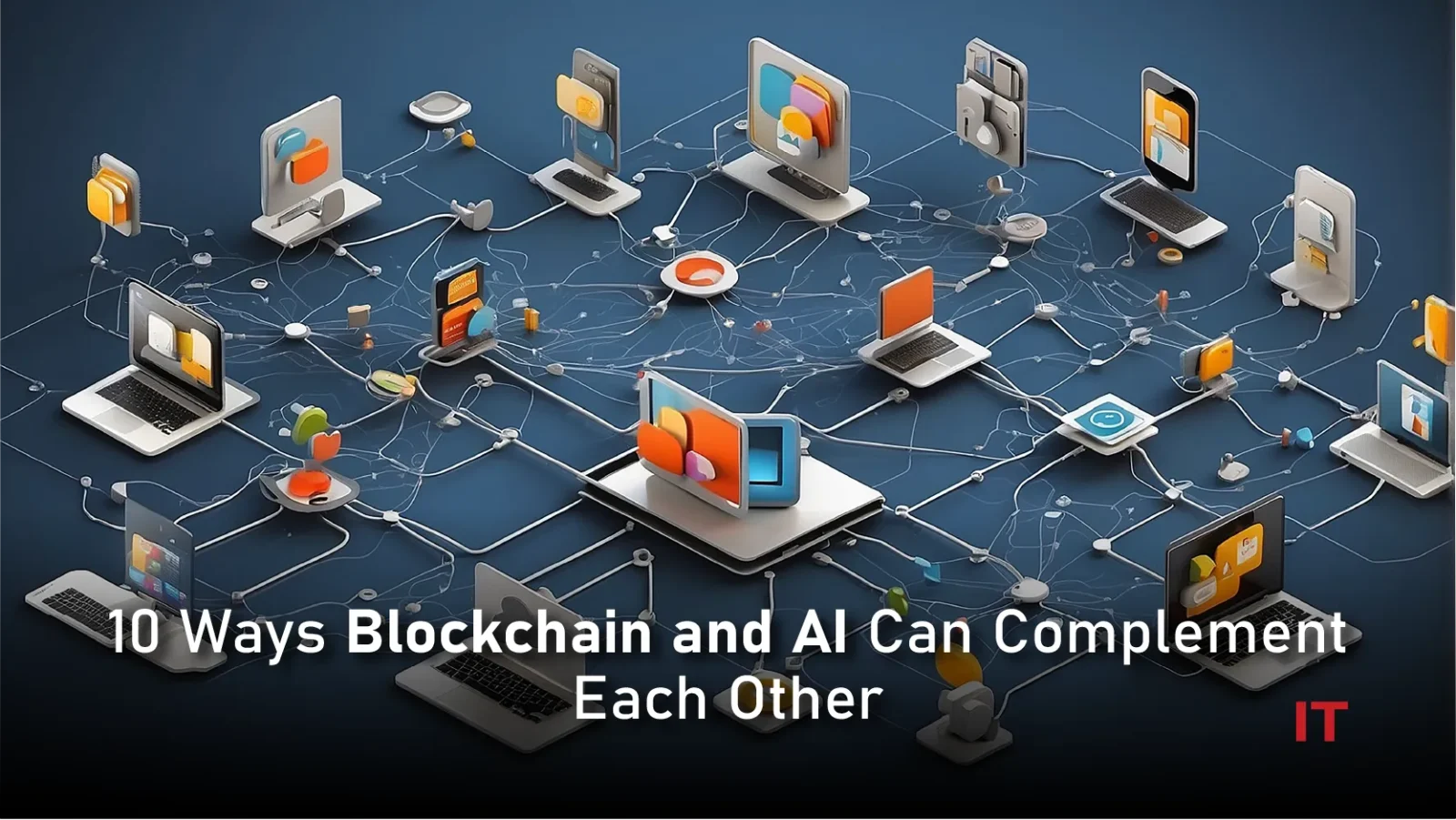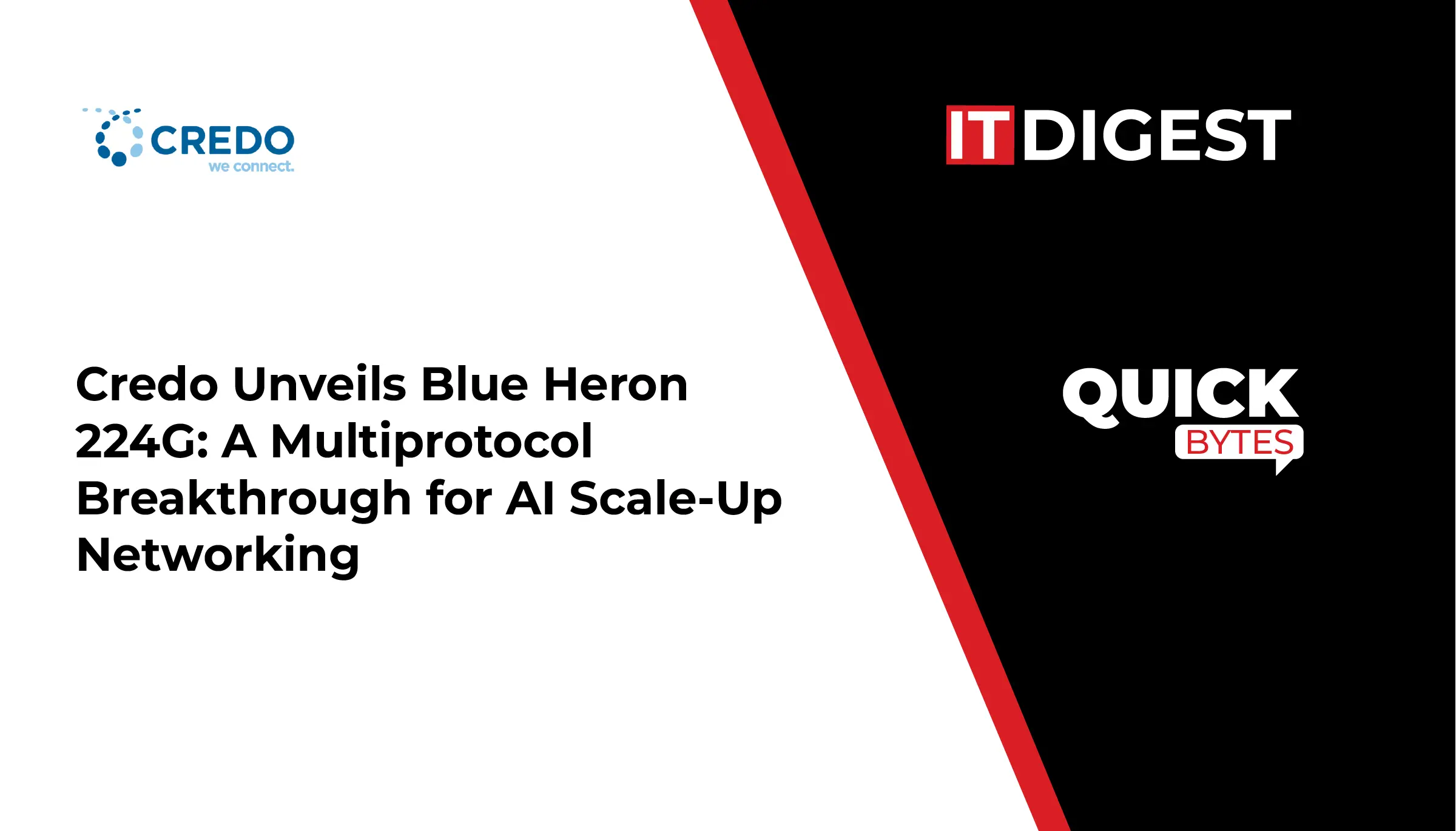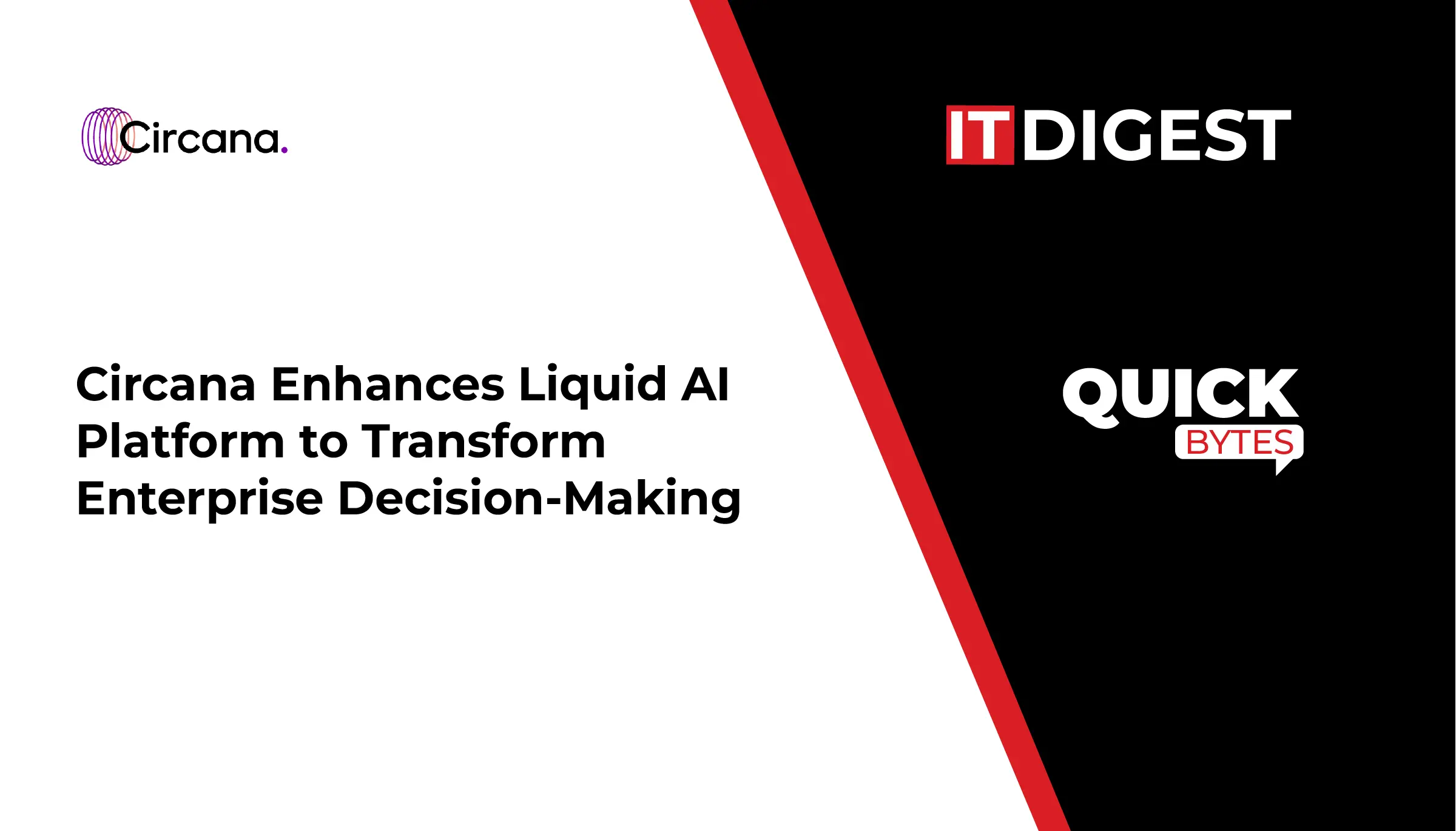In the last decade, artificial intelligence (AI) and blockchain have been some of the most disruptive and emerging technologies. Many researchers have highlighted the correlation between blockchain and AI. Each of these technologies has performed effectively individually. However, things are evolving at a rapid pace. A few people might be pondering upon the question of whether is blockchain used in artificial intelligence. This blog will answer these questions.
The convergence of blockchain with AI can have a significant impact on various industries and offer a dynamic approach to ensure privacy, compliance, safety, and scalability. AI utilizes machine learning algorithms to advance the accuracy, efficiency, and performance of data. On the other hand, blockchain technology has the potential to execute and run a network of computers. Integration of blockchain technology with AI streamlines operations and makes them more viable. Read along the blog to learn more about the combined value blockchain and AI offers. The blog will even give you an overview of ways blockchain is being integrated with AI.
What is blockchain and AI?
The intersection of blockchain and AI offers new value to enterprises through automation, augmentation, and authentication.
What is Blockchain?
Blockchain is a distributed immutable ledger that offers real-time, transparent, and shared transfer of encrypted data at the same time to various parties as they initiate and accomplish transactions. A blockchain network has the capability to monitor orders, production, payments, accounts, and other transactions. All the parties involved in the transaction get a single view of the transaction, which allows them to get trust and confidence in their transactions with other organizations.
What is AI?
Artificial intelligence (AI) utilizes data, computers, and machines to imitate the decision-making and problem-solving abilities of the human mind. AI includes the sub-specialties of deep learning and machine learning that leverage AI algorithms that are trained on data to make segmentations or forecasts. Enhanced customer experience, better decision-making, and automating repetitive tasks are a few of the advantages of AI models.
What are the Combined Values of the Intersection of AI and Blockchain?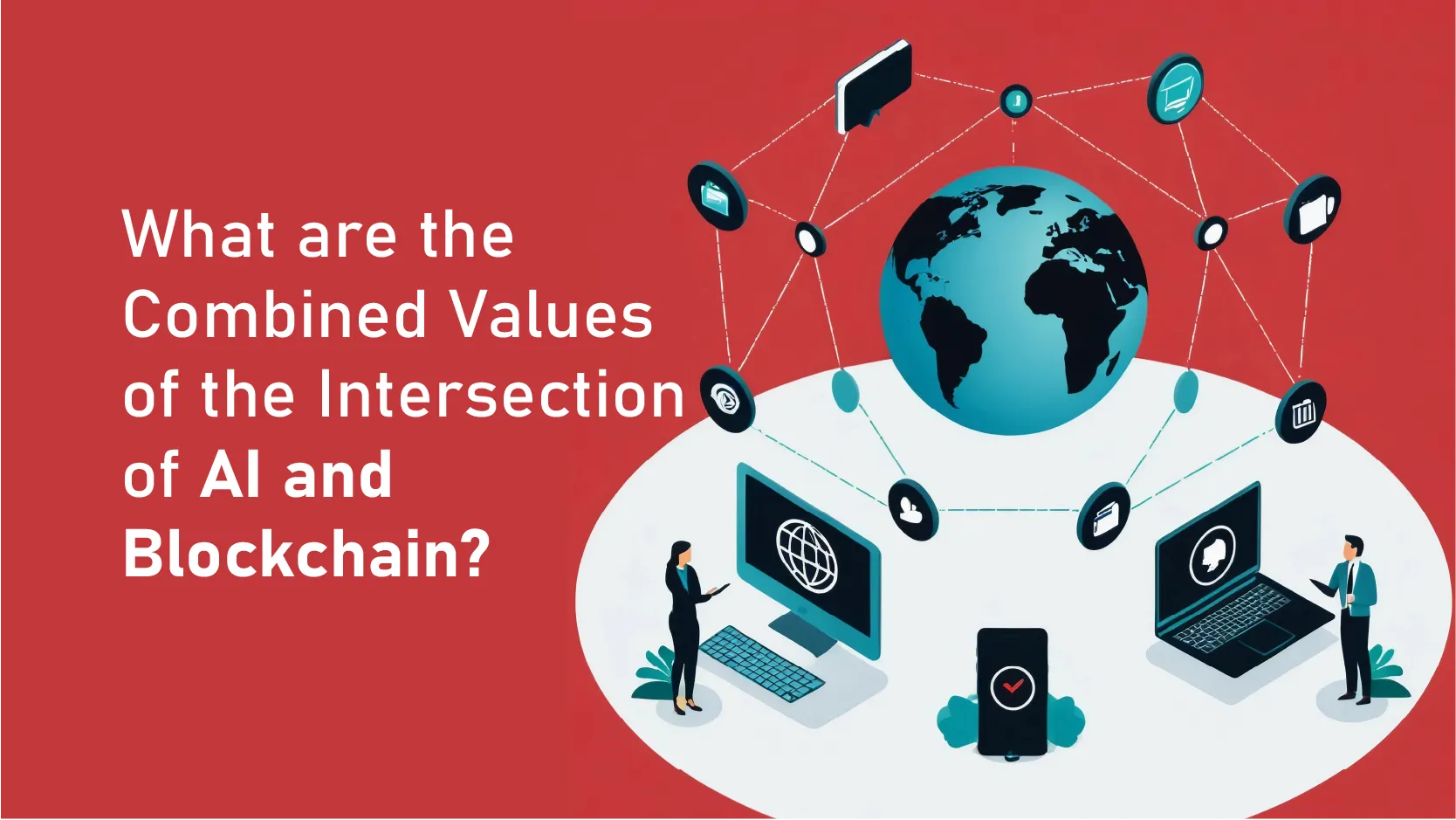
The blend of AI and blockchain can offer the following three core combined values:
Automation
The amalgamation of blockchain, automation, and AI can offer new opportunities for business operations for various parties, such as eliminating friction and increasing speed and efficiency. For instance, AI frameworks get integrated with smart contracts that execute on a blockchain network. It can help in recalling the products in the market that have expired. Execute transactions like purchasing stocks, payments, and re-orders depending on the set thresholds or potential events. Furthermore, it has the capability to resolve disputes and choose the most sustainable shipping approach.
Authenticity
The digital records of blockchain provide insights into the algorithms behind A and the source of data that is being utilized. It is an effective way to overcome the challenge of explainable AI. These insights help to enhance trust in data integrity and the suggestions AI offers. Utilizing blockchain to save and distribute AI models offers a trail of the audit. Additionally, the intersection of AI and blockchain can improve data security.
Augmentation
AI can quickly and thoroughly read, interpret, and correspond to data at a breakneck speed. It offers a new intelligence level to blockchain-driven enterprise networks. By making large internal and external data sets accessible, Blockchain assists AI in offering more actionable insights, managing data utilization and model sharing, and developing a data economy that is reliable and transparent.
Also Read: The Whys, Whats, and Hows of Blockchain Analytics
What are the Ways Blockchain is Being Integrated with AI?
The intersection of blockchain and AI has an influence on various sectors. Following are the ways in which blockchain is integrated with AI.
1. Developing Diverse Data Sets
Blockchain technology enables the creation of decentralized, transparent networks accessible to anyone globally within a public blockchain framework. By establishing an API of APIs on the blockchain, AI agents could effectively communicate and collaborate, leading to the development of diverse algorithms on various datasets.
2. Smart Computing Power
Running a blockchain with all its encryption on a standard laptop would require a tremendous amount of processing power. Traditional hashing algorithms, like those used in Bitcoin mining, rely on a brute-force method to find solutions, which is resource-intensive. AI presents an opportunity to handle these processes in a much more intelligent and efficient way. Imagine machine learning algorithms that continuously refine their skills as they are trained on new data—drastically reducing the computational power needed.
3. Smart Contract Optimization
Artificial Intelligence can offer greater efficiency to smart contracts by examining previous data and applying predictive analytics to identify potential hurdles in meeting contract terms. Additionally, the use of natural language processing allows smart contracts to interpret and process human-readable legal agreements.
4. Blockchain Security
Traditionally, blockchains have used cryptography as a means to authenticate and secure transactions. However, the introduction of AI can significantly enhance this security by continuously monitoring transactions and network activities. AI has the capability to detect irregularities in real time and immediately take corrective action.
5. Data Protection
AI thrives on data that it gathers from the world around it, continuously evolving through these information streams. Meanwhile, blockchain offers a way to securely store this data in an encrypted manner on a decentralized ledger. This combination ensures that sensitive information, like medical or financial data, remains protected yet accessible to AI for analysis, but only with explicit permissions. This setup has the potential to deliver personalized insights while ensuring that confidential data is safeguarded.
6. Asset Tokenization
Blockchain technology has already been used for the tokenization of physical assets like stocks and art. By integrating AI, one can analyze provenance details, assess the condition of assets, and study market trends to determine each token’s value accurately. Machine learning plays a role here by continuously processing live data feeds to adjust the asset’s tokenized value dynamically.
7. Trusting AI Decision-Making
Blockchain technology provides an immutable record of all data, variables, and processes involved in AI decision-making. This transparency makes it easier to audit the steps AI takes from data entry to final conclusions. With blockchain, individuals and organizations can be confident that the information driving AI decisions remains untampered. This transparency is crucial as it fosters trust, encouraging wider adoption of AI solutions in various sectors.
8. Market Trends and Prediction
AI excels at identifying patterns in historical cryptocurrency data, which can then be used to forecast future price movements. Investors benefit from these predictions by strategizing on potential market shifts or safeguarding their investments.
9. Data Integrity
AI enhances data integrity by verifying off-chain data sources that are essential for smart contracts, ensuring their accuracy before they are recorded on-chain. AI-driven smart contracts can break down and interpret complex legal language, reducing ambiguities and guaranteeing compliance with regulations.
10. Data Monetization
The fusion of AI and blockchain could revolutionize how we validate and monetize data. Large corporations like Facebook and Google generate substantial revenue by capitalizing on collected user data. With blockchain, individuals have the power to protect their data cryptographically and decide how it is used. This decentralized approach allows us to legitimize our own data when we choose to, preventing personal information from being misused. Additionally, data marketplaces will open up AI to smaller companies, leveling the playing field by enabling them to purchase data directly from its creators, making AI training more accessible and affordable.
The Future Scope of AI and Blockchain
Enterprises that integrate AI and blockchain will be able to develop a secure, immutable, and decentralized system. This approach will result in big leaps in data and information security across various industries.
Despite the amalgamation of this technology has garnered a substantial amount of attention, the exploration of its applications is still in its infancy. The integration of these two technologies allows data to be utilized under unimaginable scenarios. Both of these technologies impact and execute data in various ways their combination will offer a more logical explanation.


